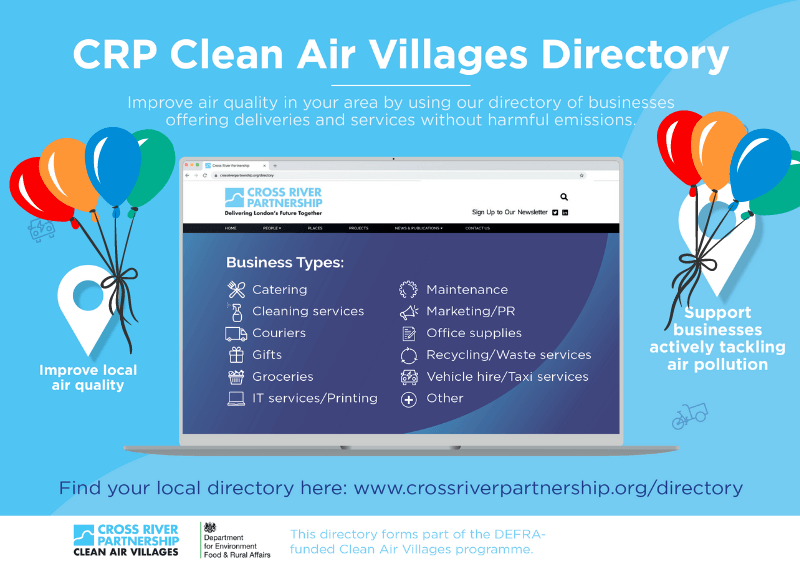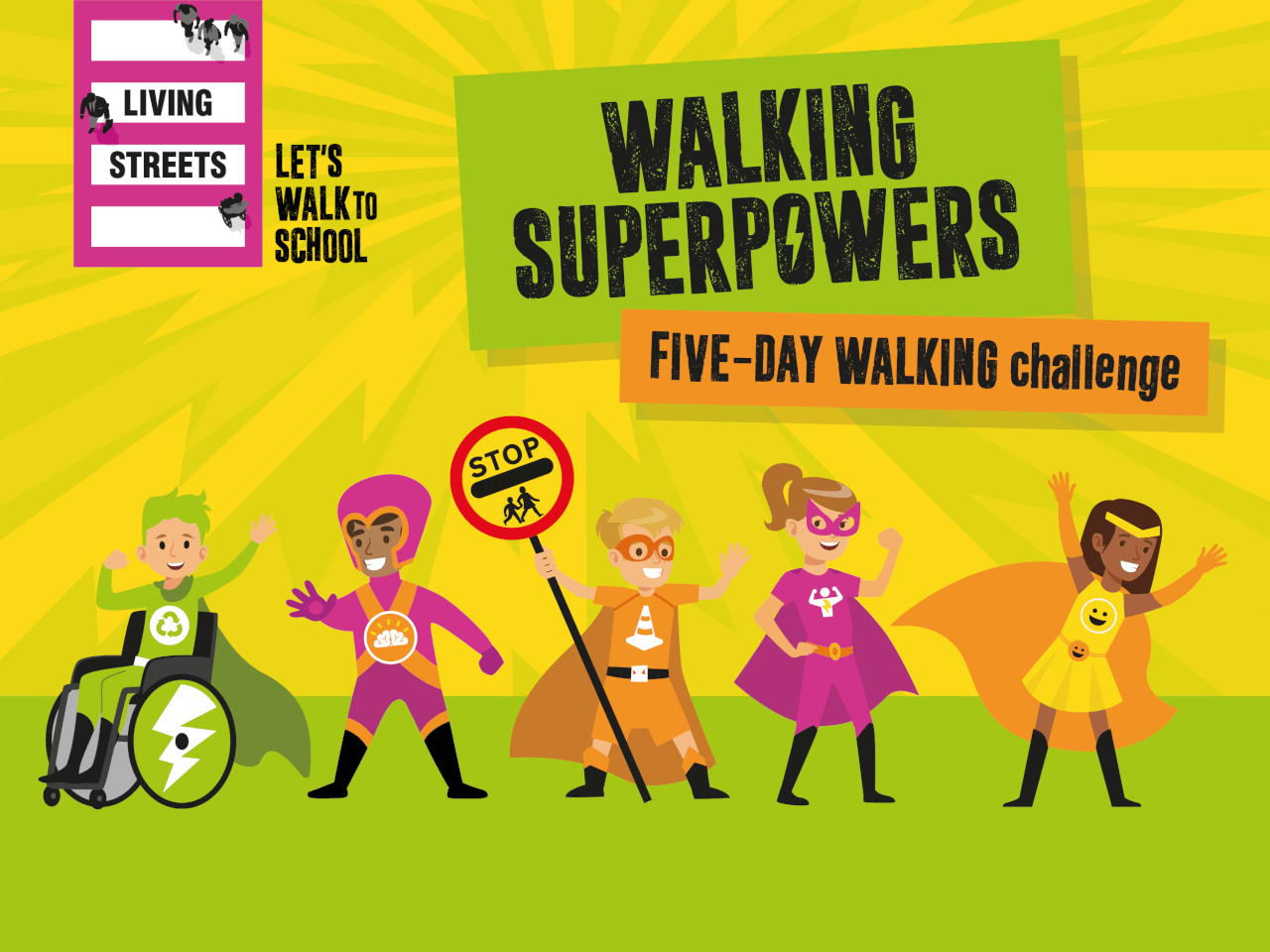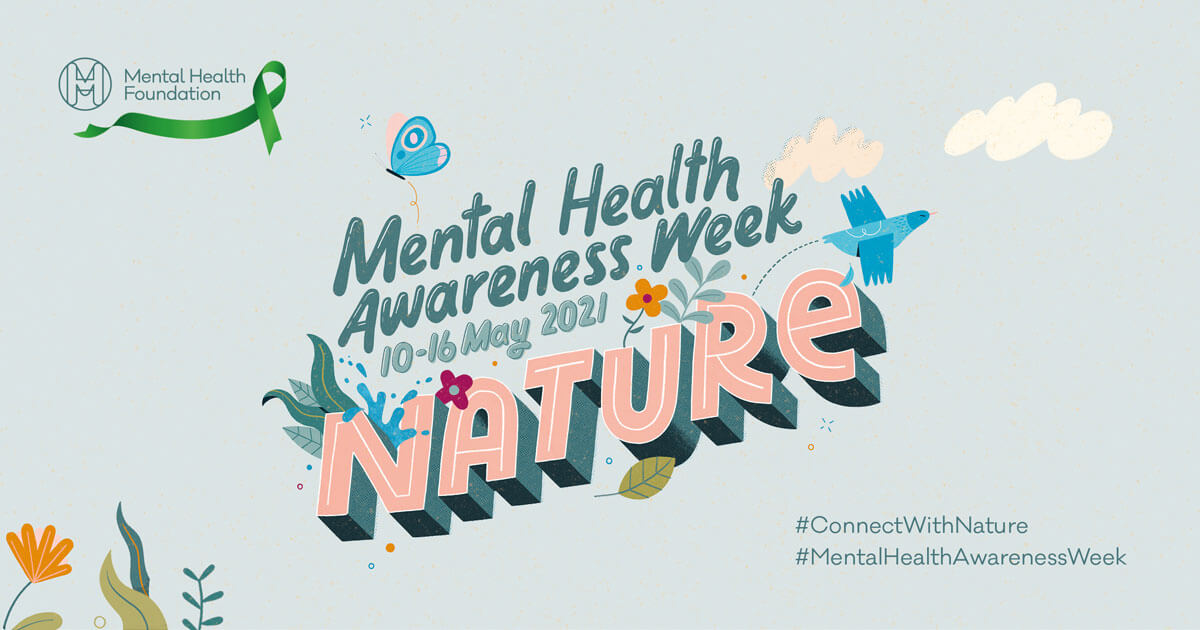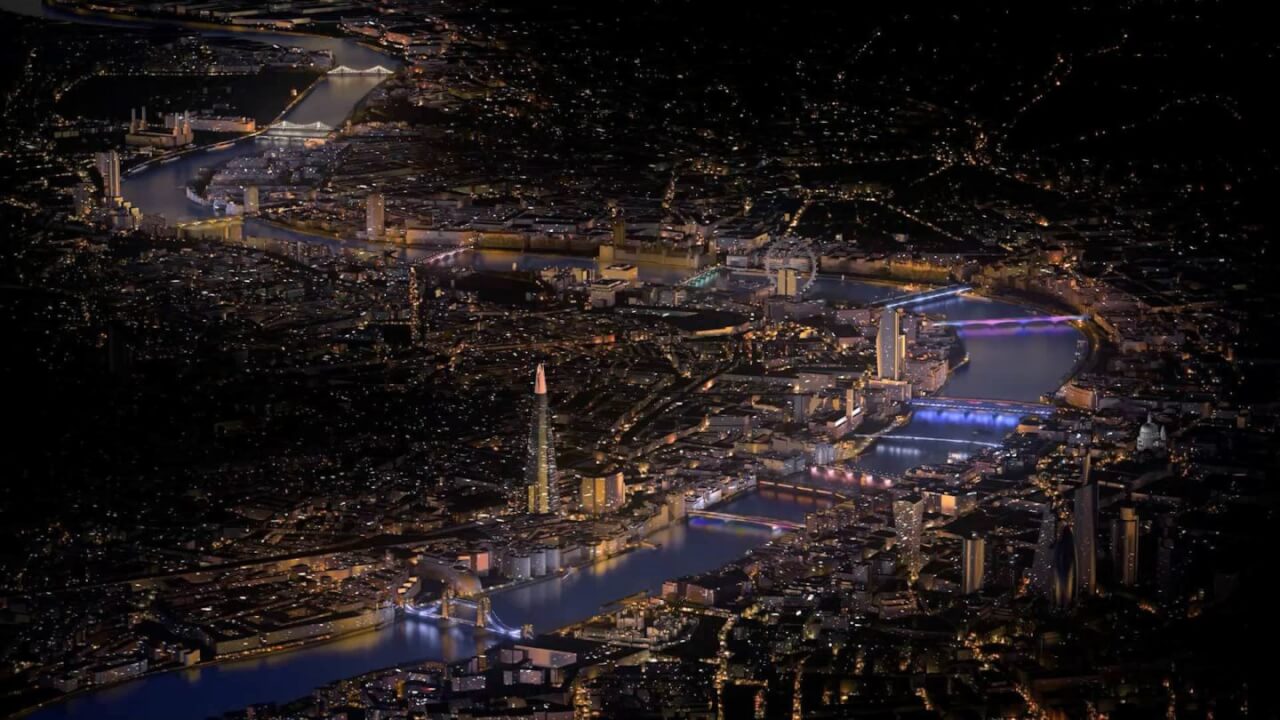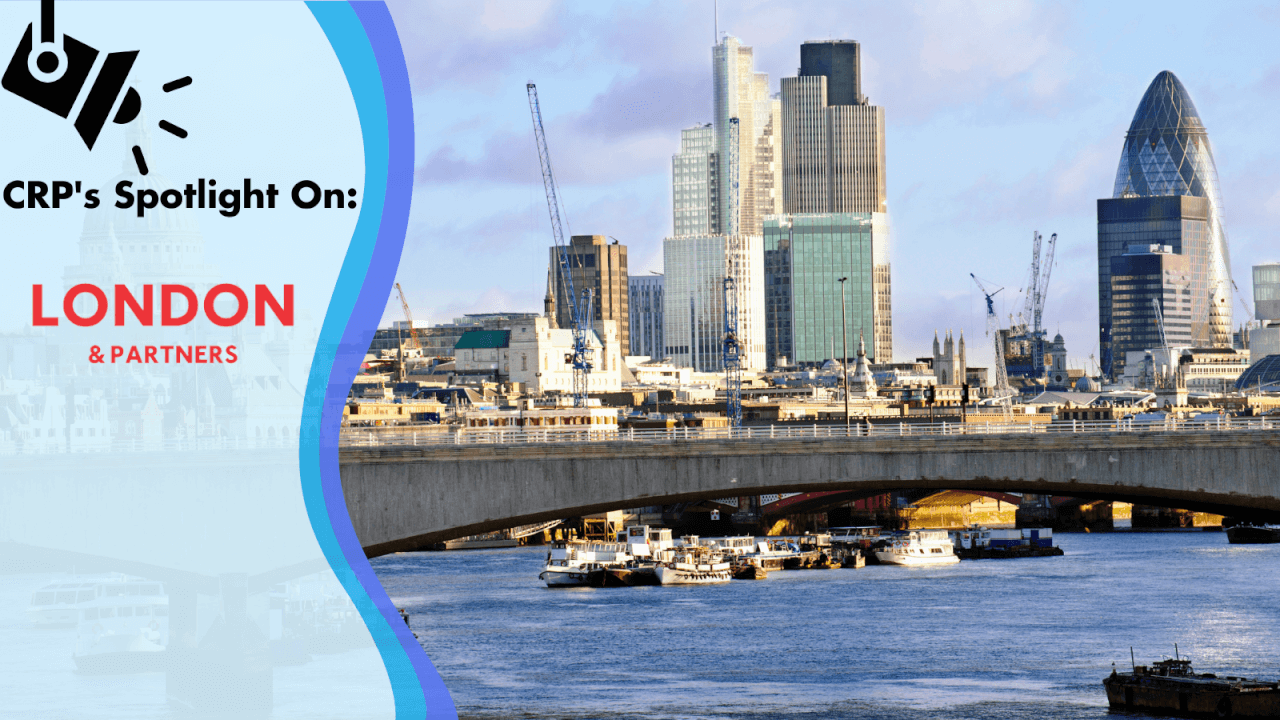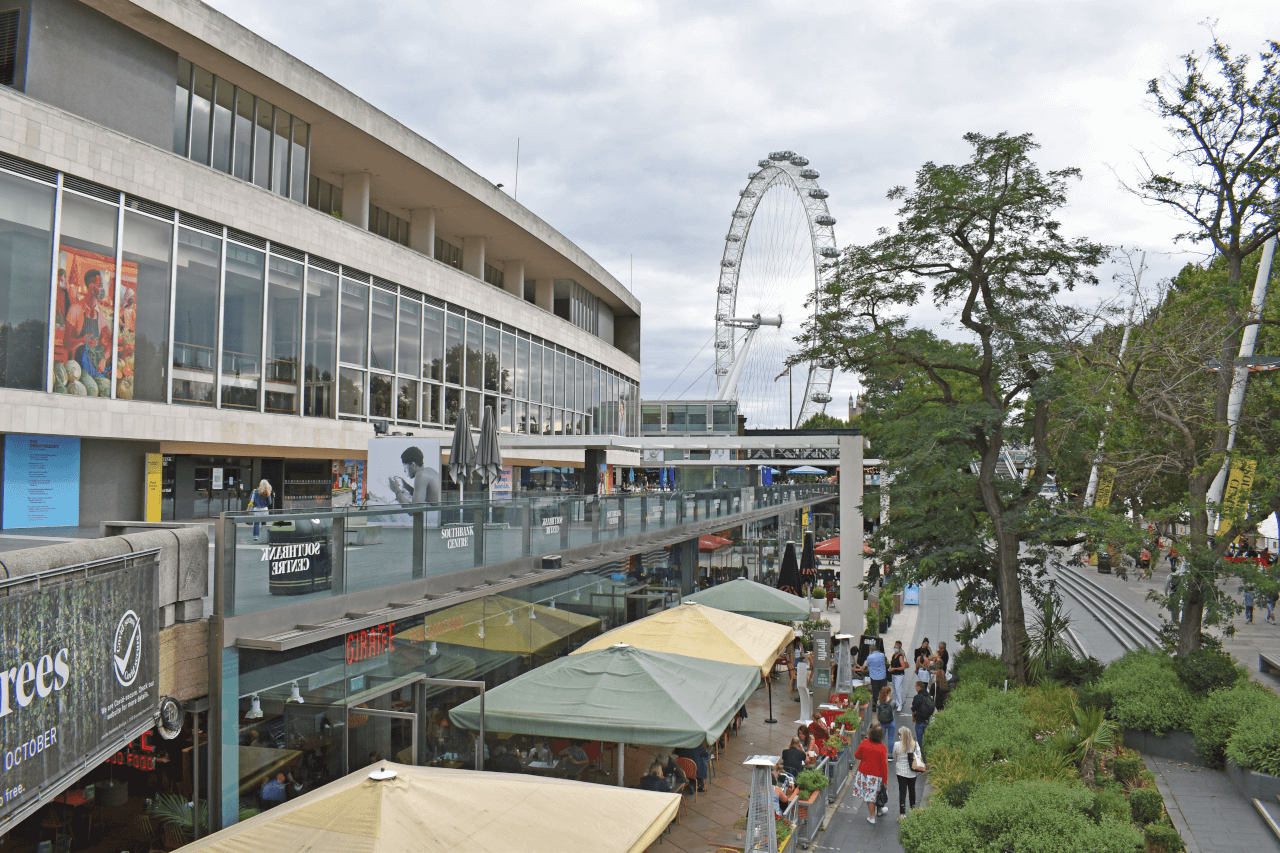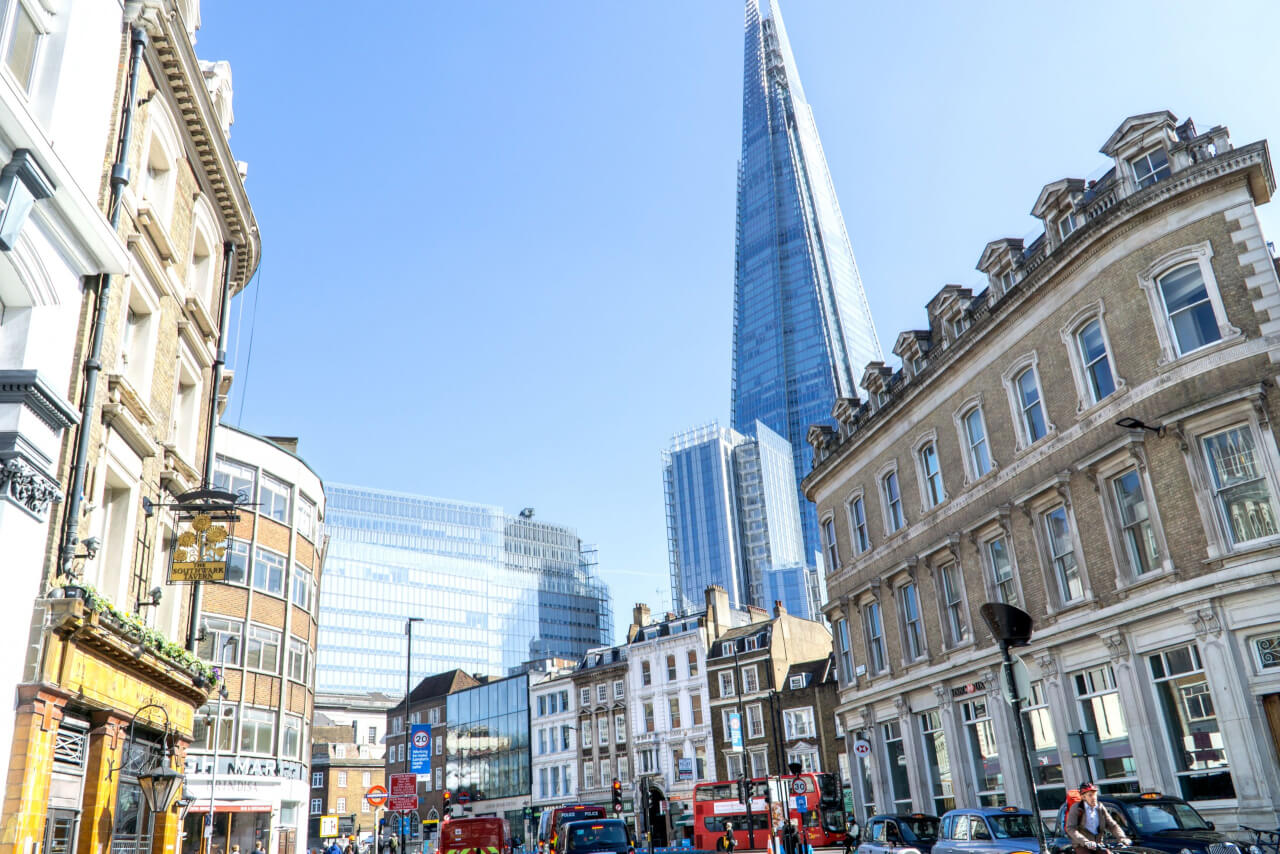The City of London Corporation has released ‘The Square Mile: Future City’ report, produced by the City Corporation’s Recovery Taskforce in partnership with Oliver Wyman, which sets out a vision for the next five years with detailed actions to enhance the City’s competitiveness and attractiveness.
The Recovery Taskforce’s mission is to ensure the Square Mile is the world’s most innovative, inclusive and sustainable business ecosystem as well as an attractive place to work, live, learn and visit.
The report focuses on three key dimensions of the City’s offer:
- Fostering an innovative ecosystem for businesses and talent.
- Ensuring a vibrant offer that engages workers, visitors, learners and residents.
- Delivering outstanding environments that support people and businesses with sustainable buildings, high quality streets and public spaces.
Policy Chair at the City of London Corporation, Catherine McGuinness, said: “We have been listening to businesses of all sizes in the City to understand how the pandemic has affected their ways of working and their needs going forward. Firms have told us that they remain committed to retaining a central London hub but how they operate will inevitably change to reflect post-pandemic trends, such as hybrid and flexible working.
“The Square Mile must evolve in order to provide an ecosystem that remains attractive to workers, visitors, learners and residents. This will involve encouraging growth, fostering talent from all backgrounds, providing a vibrant leisure offer and offering outstanding environments.
“Inclusion, innovation and sustainability should be at the core of the future City. We remain confident that the Square Mile will return to its usual buzz and vibrancy by building on these pillars.”
The report commits the City Corporation to a number of activities to deliver this vision, including:
World class business ecosystem
- Working with private sector partners to provide workspace, advice, digital skills, access to networks and capital. The City Corporation will curate an ecosystem of high-potential tech-led businesses. It will introduce them to City networks that can help them establish and grow. We will work with technology sectors not traditionally located in the Square Mile to help them access this ecosystem.
- Ensuring the City is a global testbed for data-driven technologies. The City will also facilitate data-sharing that can be used by data-driven businesses to test solutions. The data-sharing pilot for the London Data Commission (now Data for London) is one such example.
- A newly rebranded Small Business Research and Enterprise Centre – replacing the existing City Business Library – openedits doors to start-ups and SMEs on 10 May. It will support the creation and growth of sustainable businesses in the City, London and the UK by providing access to essential data and advice.
Vibrant offer
- Enabling the City’s cultural and creative industries. This may include low-cost, long-term lets for creatives in empty and low-use spaces.
- Exploring opportunities to enable and animate the City’s weekend and night-time offer. Bold programming of major events may include traffic-free Saturdays or Sundays in summer, or an all-night cultural celebration.
- A five-year marketing campaign will promote the City as an inclusive, exciting place to be. A programme of weekday events will also support physical and mental wellbeing among the City’s workforce and promote diversity and belonging.
Outstanding environments
- Working with the property industry to enable and promote sustainable, flexible and adaptable buildings. The City Corporation will explore new ways to use vacant space and aim for at least 1,500 new residential units by 2030.
- Working with providers and operators to future-proof the City’s communications, energy and transport infrastructure. A pilot with Cornerstone, the UK’s leading mobile infrastructure services provider, will be held along Queen Victoria Street to demonstrate that mobile infrastructure can support the requirements of the four licensed mobile network operators. Cornerstone is the exclusive partner to the City of London Corporation for the deployment of small cell and rooftop infrastructure. If successful, there will be a City-wide deployment that will deliver 5G coverage across the Square Mile by the end of 2022. Support will also be given to develop renewable energy, heat networks and smart grid infrastructure to enable the transition to net zero.
- Collaborating with public, private and academic partners to enhance data collection and analysis and to pilot and scale innovative solutions. This will include sharing data and knowledge of working patterns, travel behaviours and the use of streets and public spaces.
- Providing new and improved public spaces that include opportunities for culture and exercise. Accelerate plans to improve the experience of walking, cycling and spending time on the City’s streets.
Lord Mayor of the City of London, William Russell, said: “Hope is now on the horizon as our economy starts to reopen bringing a semblance of normality to life in the City. “This report sets out how we can leverage this momentum and build back better. The Square Mile’s future is bright and we will rise to the challenge of adapting to the new normal that emerges after the pandemic.”
Managing Partner at Oliver Wyman Forum, John Romeo, said: “London wouldn’t be London without its people, diversity and openness. The economic and social trends that have accelerated during the pandemic must be met and nurtured in order to see our city and its people thrive, and the Square Mile must be proactive in its response to shape the future and drive the change we want: more innovative, more sustainable and more inclusive.
“As we emerge out of lockdown and see the economy rebooted, our priority actions will ensure that the City is prepared to meet people’s new way of living and working. By maintaining a world-leading role in fostering talent and innovation, London will in turn be able to help other UK cities and regions bring in wealth and talent in their own rights, by using its position to innovate, test, and disseminate new ideas and approaches.”
Planning and Transportation Chair at the City of London Corporation, Alastair Moss, added: “There is no denying that the Covid-19 pandemic has changed some ways of working and accelerated some positive trends that were evident already in urban centres such as the City of London.
“The City will continue to adapt and prove resilient due to our robust fundamentals. We will work even more closely with the property sector to promote increasingly sustainable, flexible and adaptable buildings that people will thrive in. It will also be essential to continue to future-proof our supporting infrastructure, create more amazing public spaces and accelerate plans to make our streets more accessible.
“Investors and developers continue to be confident in the future of the City office market and our planning pipeline is extremely busy. This is in anticipation of the take up of work-space stock as more people return to the Square Mile as the pre-eminent place for business in a world-class environment.”
The City Corporation recently launched a new Covid Business Recovery Fund of up to £50 million to support Square Mile SMEs.

